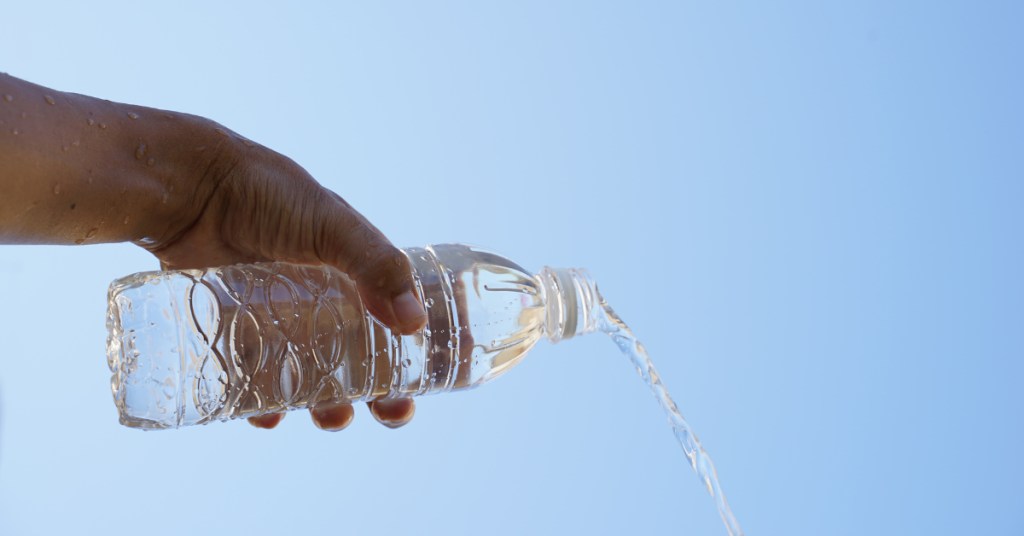
Why Does Alcohol Dehydrate You?
Legacy Healing Center Blog
What is the first piece of advice you heard when you started drinking alcohol? For many of us, it was the recommendation to drink water. This is based on the underlying belief that alcohol causes dehydration. Here at Legacy Healing Center in Pompano, FL, we want you to understand why does alcohol dehydrate you. Alcohol addiction can cause someone to constantly be dehydrated and negatively affect their body long-term.
The Connection Between Alcohol and Dehydration
It is easy to enjoy a nice glass of wine or a cold beer, but sometimes we can enjoy these adult beverages a little too much. This is where a person can start to feel dehydrated despite drinking a liquid. Dehydration occurs when your body loses fluid and electrolytes, causing common fatigue, headaches, and confusion. Prolonged dehydration may result in more serious health complications.
Why does alcohol dehydrate you? Alcohol causes dehydration because it is a diuretic, meaning it increases the excretion of water from the body. Part of what makes alcohol a diuretic is that it inhibits vasopressin, an antidiuretic hormone that regulates the kidneys’ ability to absorb and retain water. Overconsumption of alcohol can create dehydration, causing havoc on your body the next morning.
Signs of Dehydration After Drinking Alcohol
Mild symptoms include:
- Thirst – This one may be obvious. If you’re dehydrated, you’ll probably feel thirsty.
- Headache – If the brain shrinks away from the skull due to deprivation from water, it can cause a dehydration headache.
- Dark urine – Alcohol is an unwanted material that the kidneys convert into water and carbon dioxide. Due to the way alcohol off-balances the urinary system, dehydration is possible and can cause dark-colored urine.
Moderate to severe symptoms include:
- Dizziness – The lack of water can thin the blood. This alters how much blood makes it to the important inner workings of the ear and causes a feeling of dizziness.
- Fainting – Drinking alcohol can cause fainting because it hinders the body from maintaining steady blood pressure.
Drinking Alcohol on an Empty Stomach
Biologically, alcohol enters the bloodstream via blood vessels in the tissue lining of the stomach and small intestine. Without food in the stomach, alcohol goes straight into the bloodstream instead of being absorbed more slowly through the stomach and small intestine. Drinking on an empty stomach can cause alcohol to be absorbed in your bloodstream within minutes. However, if you drink water or eat while you consume alcohol, it may take much longer to feel the effects of dehydration from alcohol.
How to Avoid Alcohol Dehydration
The best way to avoid alcohol dehydration is to avoid consuming alcohol entirely. We suggest
an holistic recovery, which can help assist in making sure alcohol stays away. However, if you plan to partake in beer, wine, or other alcoholic beverages, there are a few things that can be done to lessen dehydration’s toll on your body.
First, we recommend you drink plenty of water before consuming alcohol. Thanks to alcohol’s ability to trip up your pituitary gland, you can lose more water through excessive urination than you normally would. This is why you should try to drink as much water as possible. Your normal retention rate isn’t going to be what your body is accustomed to.
Alcohol will do everything in its power to steer you toward dehydration. Knowing this, drinking water and a greater-than-normal amount of electrolytes can help by protecting against dehydration from alcohol.
At our treatment center in Pompano, FL, we are ready to help you find the light at the end of the tunnel. To learn more about our treatment options and how they can serve you, call one of our Legacy intake specialists at 888-534-2295.